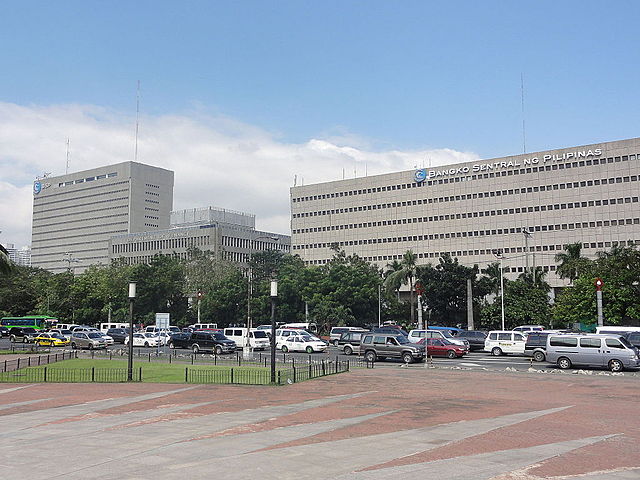Noting the growing crypto activity in the country, the Philippines has expanded its cryptocurrency regulation for virtual asset service providers. The new guidelines are in line with standards set by international standard-setting bodies such as the Financial Action Task Force (FATF).
Bangko Sentral ng Pilipinas (BSP), the Philippine central bank, released new guidelines for the country’s crypto industry. “The Monetary Board (MB) approved the guidelines on virtual asset service providers (VASP), or entities that facilitate financial services through the conduct of virtual asset (VA) activities, to cover new business models and activities,” the BSP announced on Tuesday, according to Bitcoin.com.
The new regulation amends the country’s rules on crypto exchanges that took effect in 2017. The BSP assured that the new guidelines are in line with internationally accepted management standards for the fintech industry such as FATF’s recommendations on anti-money laundering (AML), proliferation financing (PF), and combating the financing of terrorism (CFT).
The amendment came after the country’s crypto industry posted rapid growth in recent years. “We have seen accelerated growth in the use VCEs in the past three (3) years and it is high time that we broaden the scope of existing regulations in recognition of the evolving nature of this financial innovation and set out commensurate risk management expectations,” BSP Governor Benjamin E. Diokno said.
One of the changes introduced by the new guidelines is the change in the minimum capital requirement for VASPs. Companies that offer custody services are now required to put up a minimum of 50 million pesos (over $1 million) as capital while those that don’t offer such service must up 10 million pesos ($208,000), according to Coindesk.
VASPs must treat crypto transactions as cross-border wire transfers and will keep data on transactions over 50,000 pesos ($1,000). They are also required to conduct their own customer due diligence.
The guidelines also clarified which firms can be considered as VASP. “Virtual Asset Service Provider (VASP) refers to any entity that offers services or engages in activities that provide facility for the transfer or exchange of VA, which involve the conduct of one or more of the following activities: (1) exchange between VAs and fiat currencies, (2) exchange between one or more forms of VAs, (3) transfer of VAs, and (4) safekeeping and/or administration of VAs or instruments enabling control over VAs,” the BSP explained.







